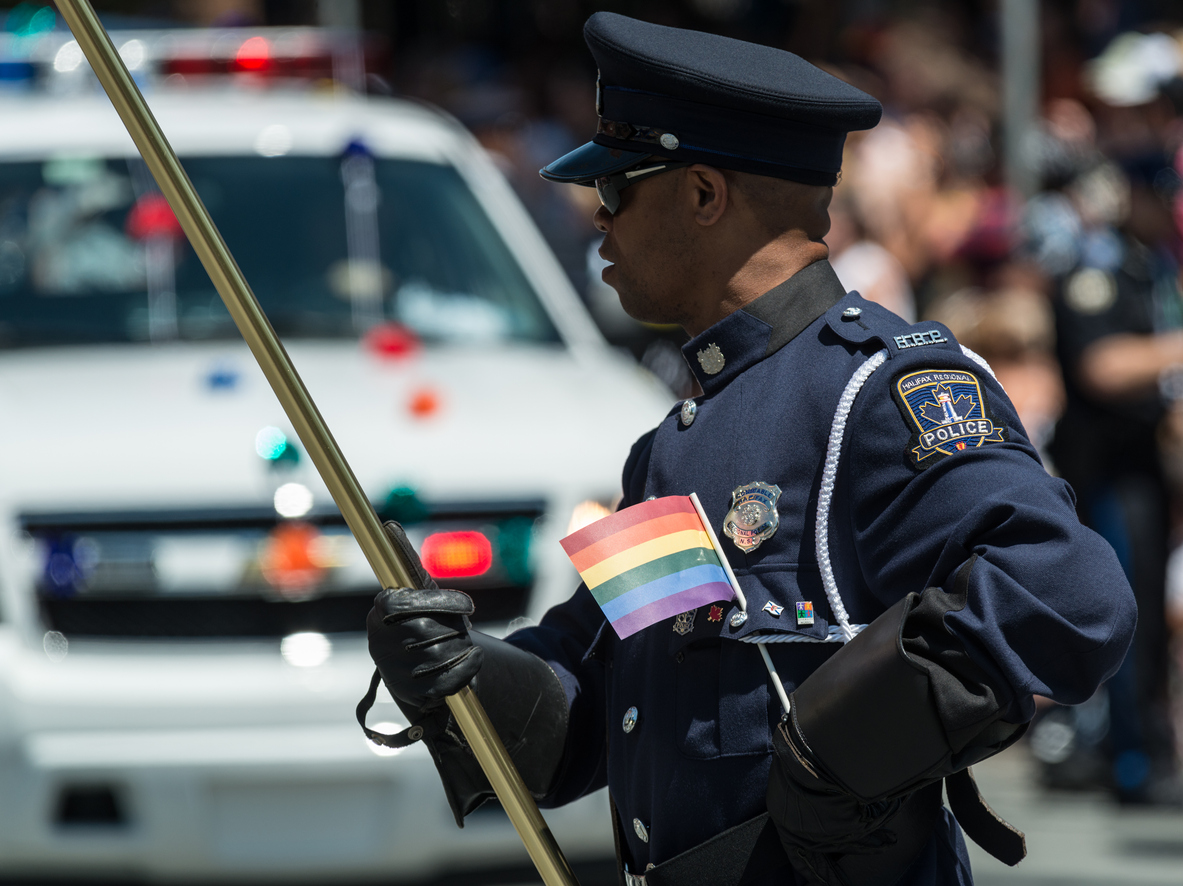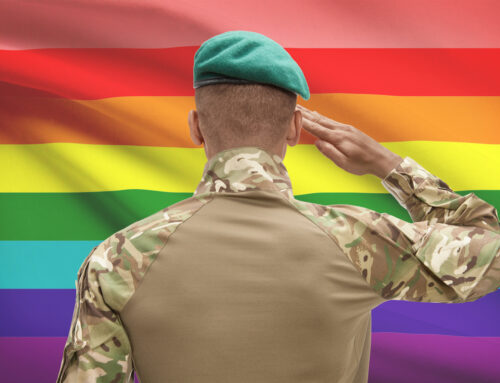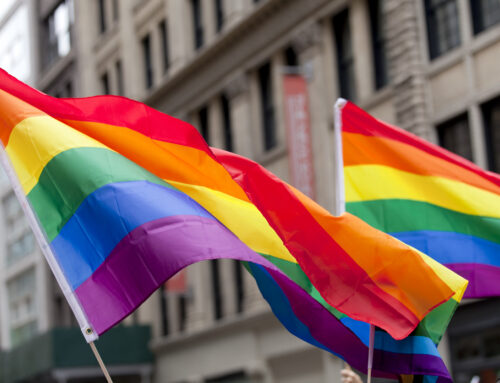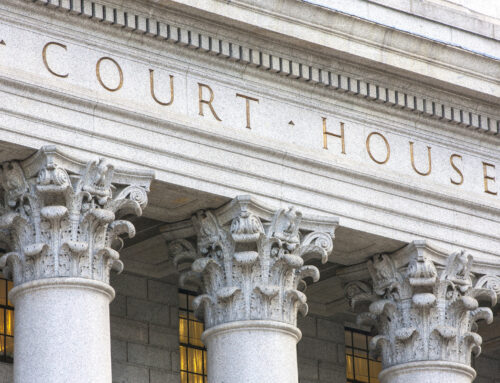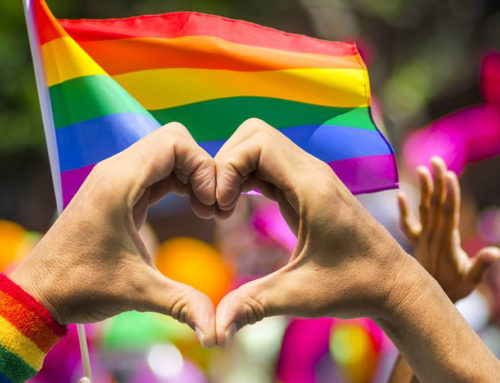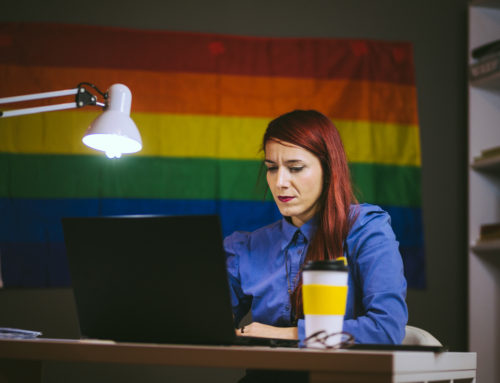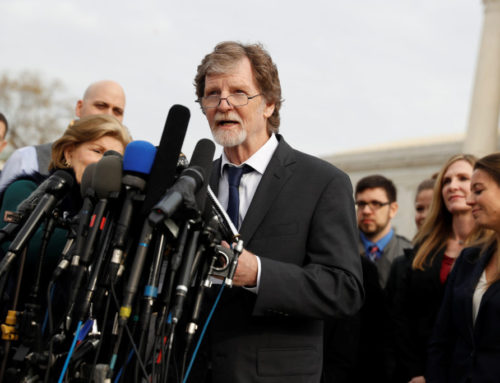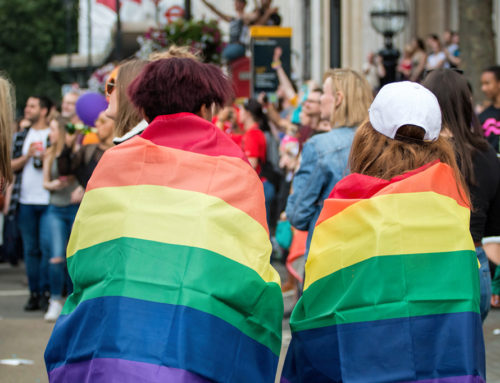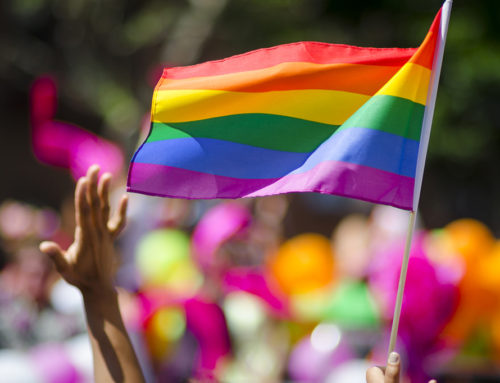In 2017, Sgt. Keith Wildhaber filed an employment discrimination claim against his employer, the St. Louis County police force. Wildhaber was passed up for promotions time and time again, despite being qualified to advance in his career with the force.
The reason? His superiors allegedly told him to “tone down your gayness.”
Wildhaber’s case is scheduled for trial this April, and he is not the only LGBT police officer working through a discrimination lawsuit. In recent years, the country has seen a rise in employment discrimination claims by members of the police force.
Legal Shift Allows More Officers to Make Discrimination Claims
The LGBT community has steadily gained more mainstream acceptance in the U.S. Following suit, many states have adopted increased legal protections for LGBT workers and job applicants.
In addition to state laws, the Civil Rights Act of 1964 and the Equal Protection Clause of the Fourteenth Amendment also protect against sexual orientation discrimination by public employers.
The shift has created an environment that is a bit more receptive of complaints against anti-gay discrimination. This is even true in law enforcement departments, which have historically been at odds with the LGBT community.
From 2000 to 2013, for example, researchers at UCLA found that 48 lawsuits had been filed by LGBT police officers. According to a recent USA Today report, 11 similar cases have been filed since 2016.
These anti-gay discrimination lawsuits are unfolding in courts across the country. Not only have LGBT officers been passed over for promotions–many have suffered abuse, humiliation, and hostile work environments.
LGBT Police Officers Seek Recourse For Years of Harassment
After twenty years of enduring abuse and unfair treatment, Jay Brome filed a lawsuit against his employer, the California Highway Patrol. His 2016 lawsuit was dismissed due to how long he took to file, but he is appealing that decision.
Brome alleges he was often on the receiving end of homophobic slurs during his twenty years on the police force. Worse, his fellow officers refused to respond to his calls when he needed backup. The unsafe and hostile work environment led Brome to develop anxiety, depression, and PTSD. He also suffered from physical ailments related to the significant stress he faced at work.
Another case out of New Jersey is that of former police officer Andrew Kara, who is suing the sheriff’s office for wrongful termination in addition to discrimination based on his sexual orientation. Kara alleges he was ridiculed for being gay by his colleagues and his superiors.
Recent Settlements Show Positive Signs of Change
Davin Clemons, a police officer in Memphis, filed suit in 2016, alleging sexual orientation discrimination. He claimed he was mistreated by fellow officers, who mocked him for being gay and refused to shower in his presence.
He also alleged that his supervisors handed down arbitrary discipline and mandatory overtime due to his sexuality. His lawsuit was based in part on an anti-discrimination ordinance passed by the City of Memphis in 2014.
As part of settlement discussions in Clemons’ case, the City of Memphis agreed to ramp up LGBT sensitivity training. Clemons continued to work for the police force throughout the lawsuit.
Sharon Papp, a former police officer in New Jersey also obtained a favorable settlement, receiving $1.3 million shortly before her discrimination claims were scheduled to be tried.
Papp, who is lesbian, alleged years of harassment on the job due to her sexual orientation and gender. Much of the abuse came directly from her police chief, David Dudeck. Papp alleged that Dudeck habitually used derogatory and lewd language with her and other police officers, which degraded her for being lesbian and a woman. The chief retired in 2013.
Papp says the hostility she faced on the job led to physical symptoms of stress, including high blood pressure and muscle tension. She ultimately left the police force two years into her anti-discrimination lawsuit.
Common Trends Among Police Force Discrimination Claims
Victims of workplace discrimination and harassment in law enforcement often point to the “hypermasculine” culture of the police. According to Clemons, “anyone who doesn’t fit is an outsider.”
Likewise, Papp’s allegations demonstrate her police chief’s willingness to degrade female officers.
This culture often seems to persist far up the chain of command. Thus in all of these cases, the victims of discrimination had little success making internal complaints. Each time, their allegations of harassment and unfair treatment were disregarded until a lawsuit was filed.
According to Brome, “they refuse to acknowledge there’s a problem and they refuse to do anything about it.”
Fortunately, more LGBT police officers are coming forward with their claims of workplace discrimination and finding relief through the courts.

